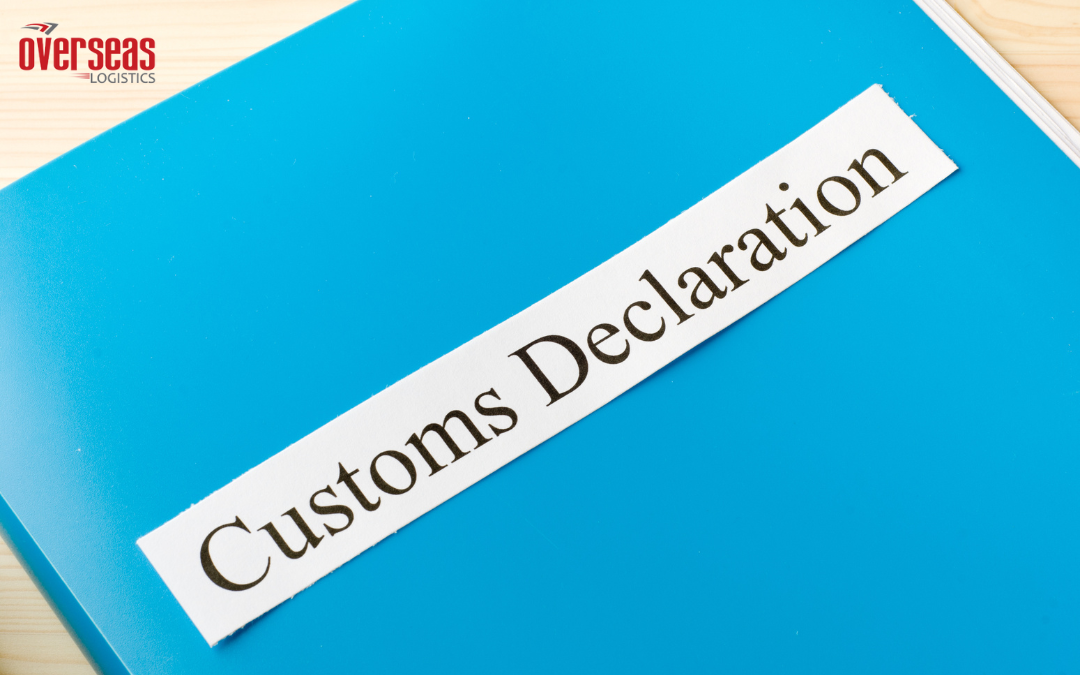What is Customs Duty?
Customs duty, also known as import duty or tariff, is a tax imposed by a government on the import or export of goods. It is a source of revenue for the government and is used to regulate trade, protect domestic industries, and control the flow of certain goods across borders. Customs duties are typically levied as a percentage of the declared value of the goods or as a specific amount per unit.
Different Types of Customs Duty in India are:-
Basic Customs Duty (BCD): Setting the Foundation
Basic Customs Duty (BCD) serves as the bedrock of customs taxation in India. This primary tax on imported goods, defined by the Indian Customs Tariff Act, ranges from 5% to 40%. The strategic classification of imported commodities underpins the total landed cost, making it imperative for businesses to decipher and optimize this crucial element.
Additional Customs Duty: Balancing Act with CVD
Additional Customs Duty or Special Countervailing Duty (CVD) aligns with Central Excise Duty, neutralizing the playing field between imported and domestically manufactured goods. This strategic alignment prevents undue advantages for imported products, ensuring fair competition within the Indian market.
Countervailing Duty (CVD): Guarding Against Unfair Subsidies
Distinct from Special CVD, Countervailing Duty (CVD) acts as a safeguard against subsidies offered by foreign governments on exported goods. This duty prevents the exploitation of the system, maintaining a level playing field for domestic industries.
Anti-Dumping Duty: Shielding Domestic Industries
To protect domestic industries from unfair competition, an Anti-Dumping Duty is imposed on foreign goods sold in India below their “normal value” in the home country. This measure ensures a fair marketplace and shields local industries from potential harm caused by cheap imports.
Education Cess: Investing in the Future
Recognizing the pivotal role of education, Education Cess adds a 2% charge to aggregate customs duties. This additional levy contributes to funding educational initiatives, aligning with India’s commitment to development.
National Calamity Contingent Duty (NCCD): Building Resilience
NCCD serves as a rapid-response mechanism during natural disasters. Levied as a percentage of imported goods’ value, it builds up resources to address large-scale national calamities, showcasing a proactive approach to disaster management.
Safeguard Duty: A Bulwark Against Import Surges
Safeguard Duty, rooted in Section 8B of the Customs Tariff Act, shields domestic industries from sudden import surges. This duty provides a crucial buffer, allowing local industries time to adapt to external market pressures.
Protective Duties: Nurturing Indigenous Industries
True to its name, Protective Duties are tailored to safeguard indigenous industries from foreign competition. Rigorous investigations into market dynamics and competitive landscapes precede the imposition of these duties, ensuring a thoughtful and strategic approach.
Social Welfare Surcharge: A Holistic Revenue Stream
Social Welfare Surcharge replaces Education Cess and Secondary and Higher Education Cess, contributing to the government’s social welfare initiatives. This duty, applied to aggregate customs duties, supports sectors like healthcare, education, and poverty alleviation.
Conclusion
Embarking on global trade demands a nuanced understanding of customs duties. To optimize your import and export business, consider partnering with a high-end freight forwarding service like Overseas Logistics. Such strategic alliances, coupled with a thorough comprehension of customs duties, can position your venture for success.
As you chart your course in the global trade arena, let Overseas Logistics be your steadfast companion, steering you through customs duty intricacies and turbulent currents.
FAQs
Types of Exemptions from Customs Duty
- Exemptions to Oil and Natural Gas Corporations Limited (ONGC)/ Oil India Limited (OIL)
- Imports of secret goods by the Government
- Imports for India’s defense needs, specifically for military hardware and software or R&D units under the DRDO
- Imports by Central Policy Organisation for equipping their forces
- Exemption of goods from Customs duty when imported against an Advance License (without Actual user condition)
- Crude and petroleum product
- Raw materials for the manufacture of CRGO Steel, ferrous scrap, and nickel cathode
Example of Anti-Dumping Duty
India’s imposition of anti-dumping duty on Chinese products, including aluminum products and certain chemicals, exemplifies its commitment to shielding local manufacturers from the challenges posed by cheap imports.
Paying Customs Duty Online: A Seamless Process
To pay customs duty online in India, utilize the ICEGATE e-payment gateway:
- Visit the ICEGATE website and log in.
- Navigate to the e-payment section and select the duty type.
- Choose the relevant document type.
- Ensure net banking is enabled with designated banks.
- Follow the prompts to make the payment.
Checking Customs Duty: The ICEGATE Portal
Use the ICEGATE portal for E-Filing services to check customs duty in India. This official platform is widely trusted by trade and cargo carriers for its efficiency and reliability.
Importance of Customs: A Triple Role
Customs play a pivotal role in taxation, security, and trade facilitation, shaping the economic landscape and ensuring the integrity of international trade.
Main Responsibilities of Customs: Four-Fold Mission
Customs have four main responsibilities:
- Preparing and processing import and export documentation
- Classifying and appraising imported merchandise
- Determining tariffs and duties
- Examining and inspecting merchandise to prevent the introduction of prohibited items.

